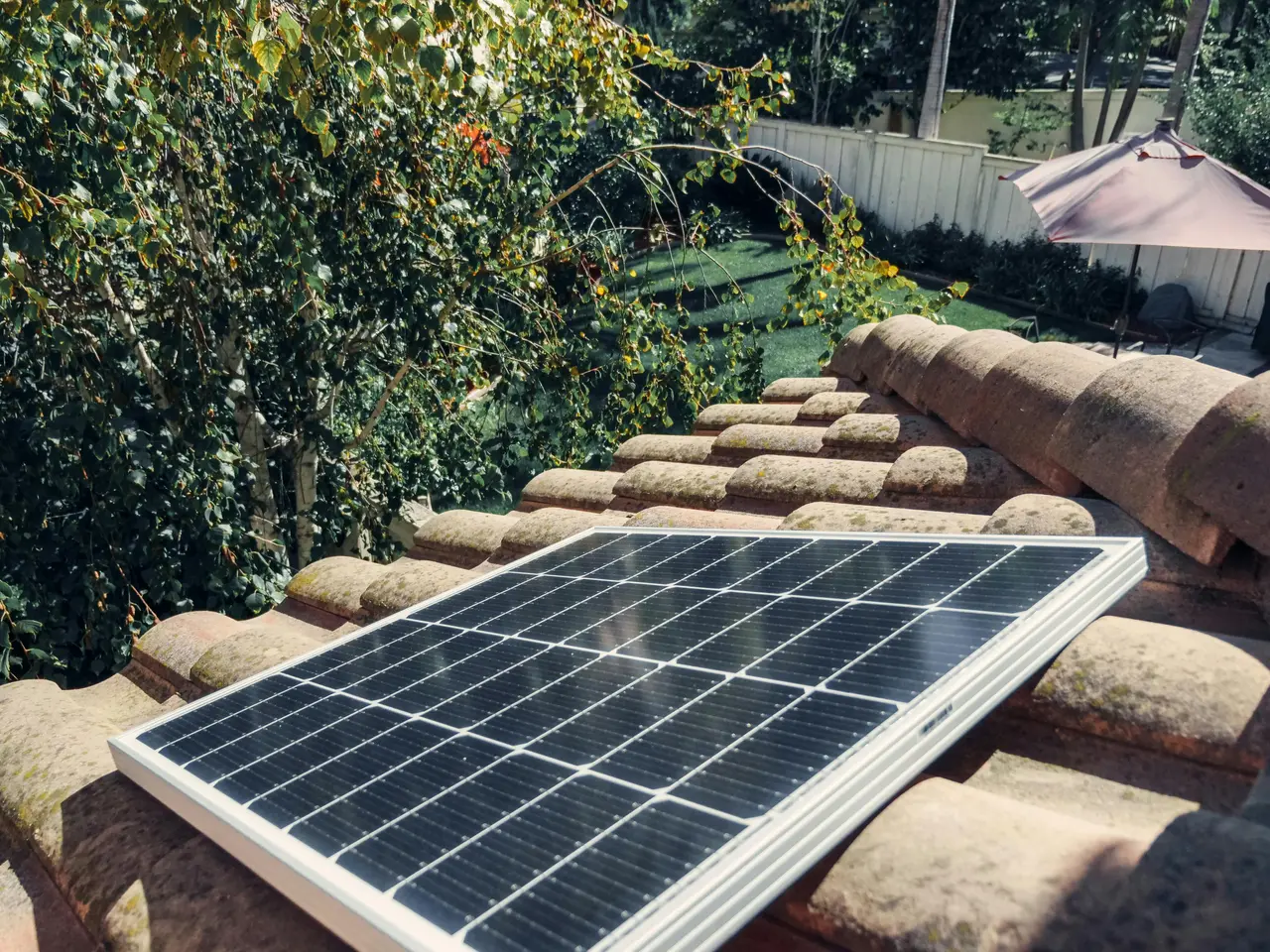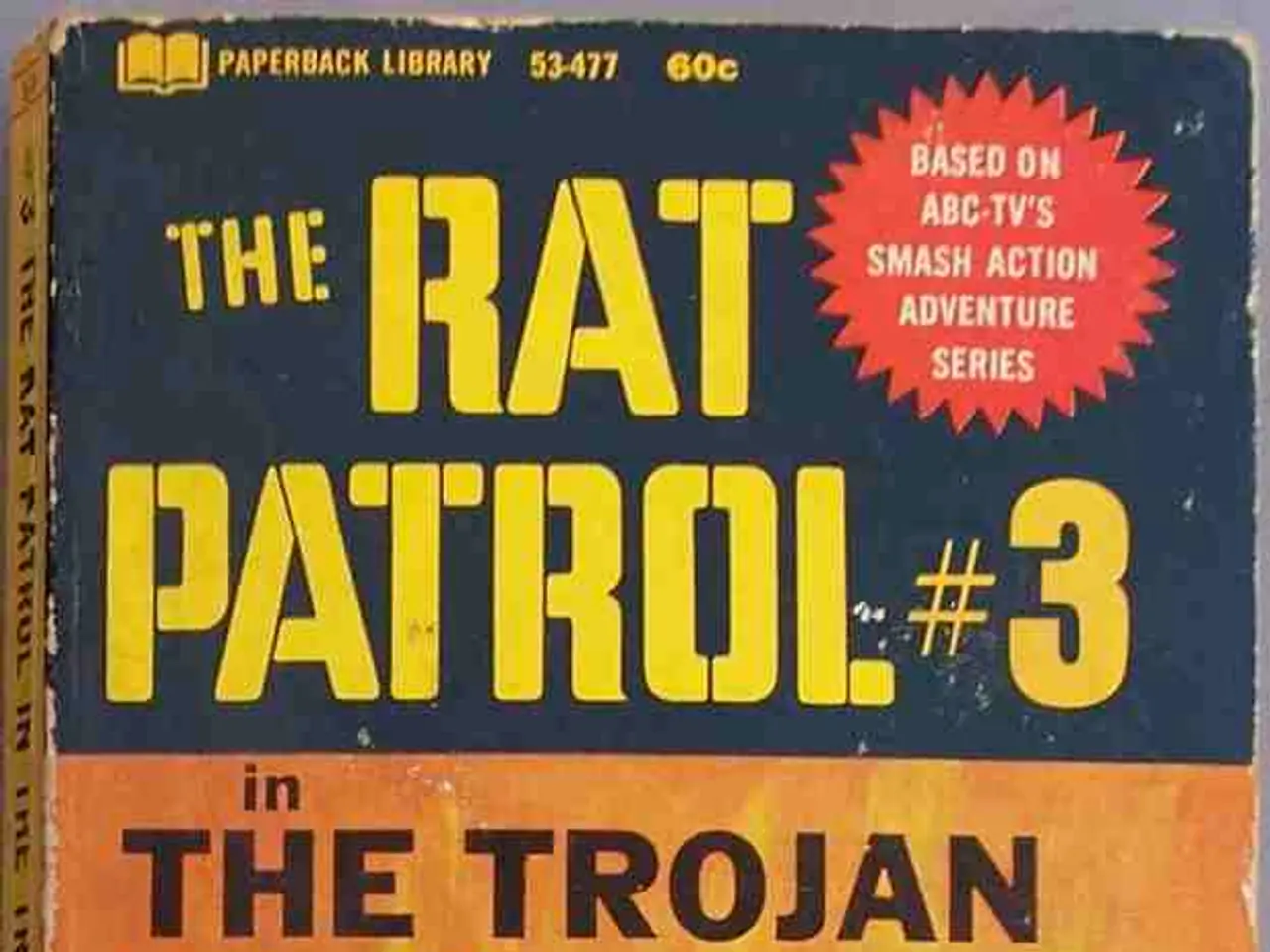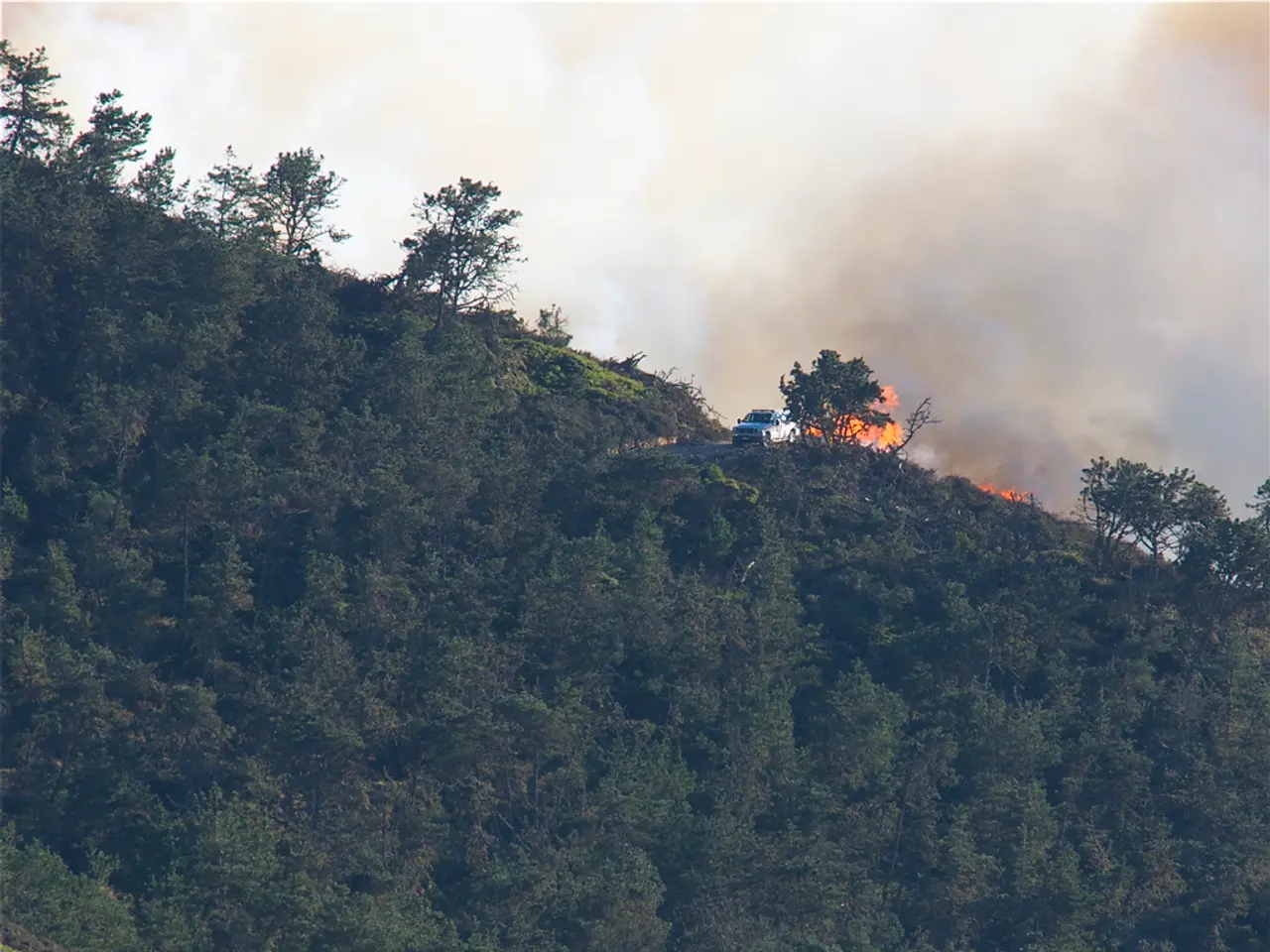Post-War Iran: Navigating the Uncertain Landscape
Struggle for state control or preservation of power?
Upheaval in the heart of Tehran - is Iran on the brink of a state crisis, or perhaps undergoing an authoritarian makeover? Or perhaps, even a radical system shift?
dpa The war waged by Israel against Iran has sent shockwaves through the Iranian political landscape. Could turbulent waters be ahead for the nation?
Post-War Scenarios for Iran
1. Ethnic Strife and Chaos
Layered with Kurdish, Balochi, and other diverse ethnic groups, Iran's multi-faceted society may be vulnerable to internal fragmentation in the event of sudden leadership collapse. The ensuing power vacuum could trigger separatist movements and intensive regional conflicts, with proxy militias prodding at theolia of Iran's socio-political fabric.
2. IRGC's Iron Grip
If the existing regime crumbles, the Iranian Islamic Revolutionary Guard Corps (IRGC) looms as the most probable power broker. This force controls vast infrastructure and resources nationwide, making it a formidable contender to take charge in a military coup, culminating in a ruthless dictatorship. With mere religious facade as a front, repression could intensify.
3. Push for the Pahlavi Dynasty
Advocating for change, Reza Pahlavi, the son of the past Shah, presents an alternative vision. Yet, critics caution that the resurrection of the Pahlavi dynasty might increase instability or foment a more oppressive, fractured Iran. This route holds a question mark due to the historical dependence on foreign support and uncertainties over legitimacy.
4. Repression and Nuclear Pursuits
Beyond leadership, Iran's nuclear aspirations and its deep-rooted sense of historical greatness may persist, even in the face of war. Conflicts in critical nuclear sites could influence whether Iran ceases or enhances its nuclear ambitions.
The Way Forward
It's expected that Iran could face the trials of internal strife and ethnic upheaval, potentially leading to a military coup under IRGC control, further entrenching authoritarianism. Although opposition figures like Reza Pahlavi see a peaceful transition, experts voice concerns over an escalation in repression and regional conflicts. A peek into Iran's future reveals a potential authoritarian overhaul, internal strife, contested power struggles, or deepening repression and nuclear ambitions, but the path towards meaningful democratic reform seems elusive without external intervention.
Sources
[1] "Iran Post-War: Expert Opinions and Analysis" - ABC News, 2022
[2] "Pahlavi's Role in Iran's Future: A Cause for Optimism or Concern?" - Al Jazeera, 2022
[5] "Iran's Nuclear Program after War: Scenario Planning and Policy Ramifications" - IHS Markit, 2022
- In the volatile post-war landscape of Iran, events such as ethnic strife, political power struggles, and potential military coups are shaping the nation's uncertain future.
- The aftermath of war in Iran might witness an intensification of policy-and-legislation issues, particularly concerning the country's nuclear program and general-news reports on war-and-conflicts and politics.






